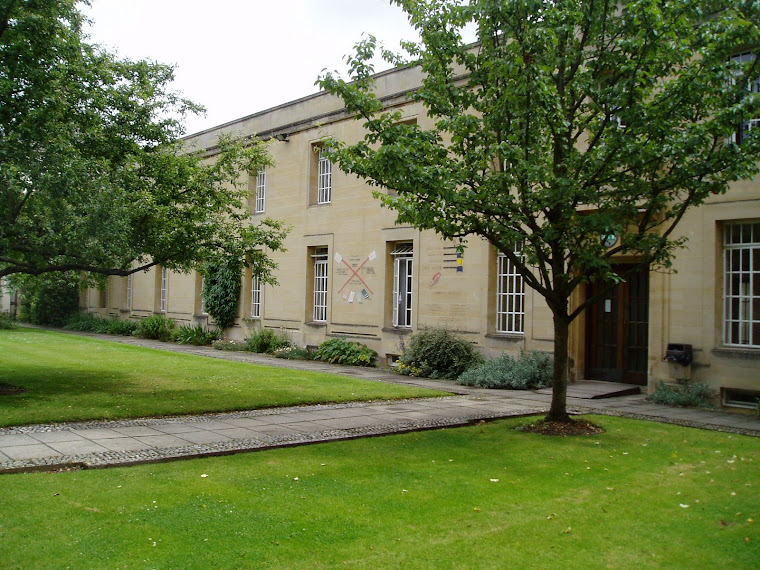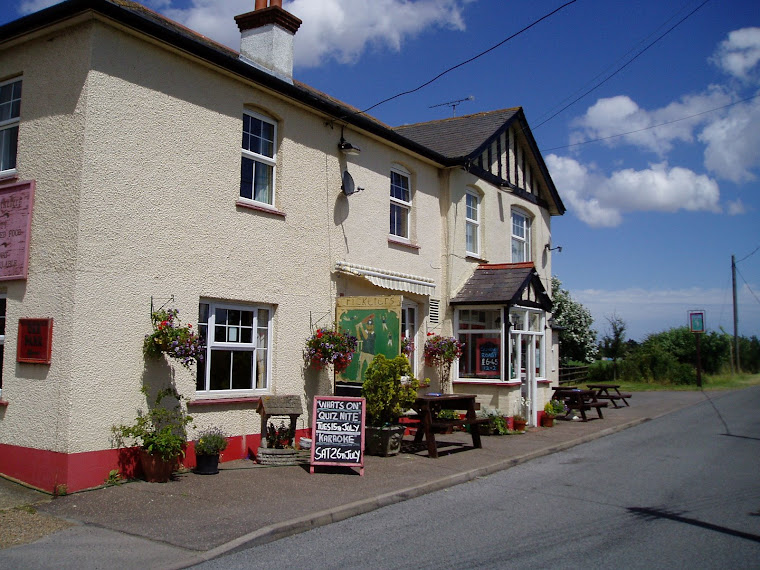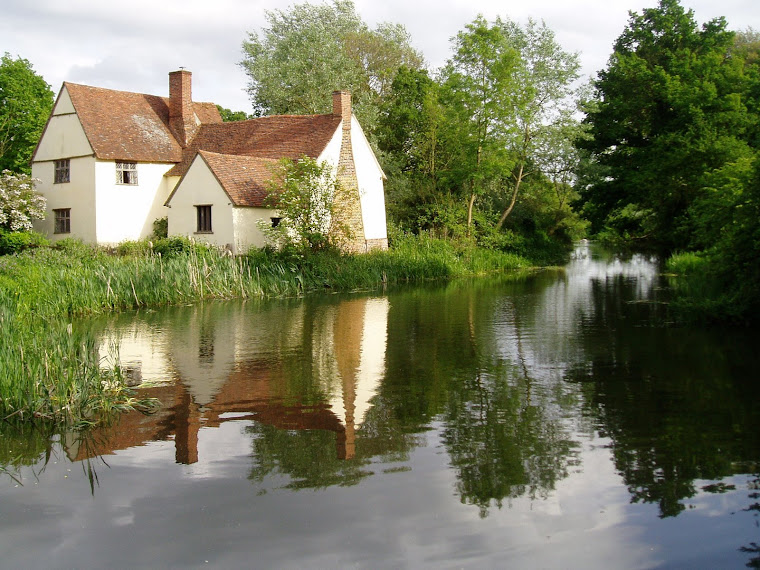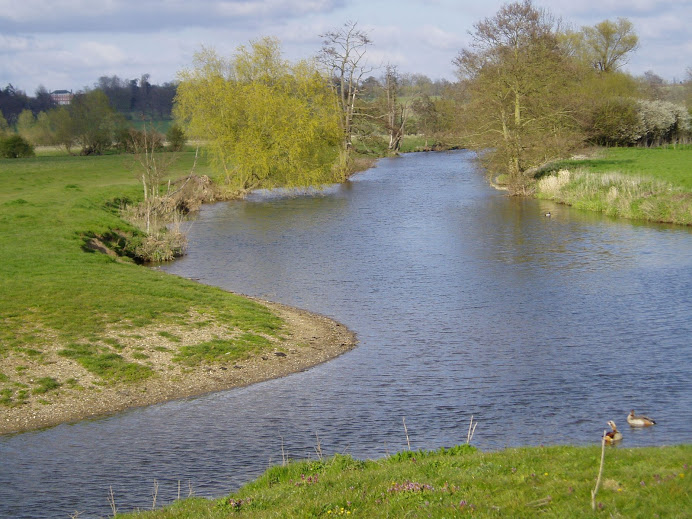Yes, godliness with contentment is great gain. To have both godliness and contentment must be for Christians a tremendous combination. To achieve and to attain these wonderful virtues in life should be treasured above fame and fortune.
There are wealthy, famous folk who know little joy in their life but turmoil, tension and trouble. They have no inner peace and certainly no contentment. Despite their wealth they are dissatisfied, depressed and disenchanted with their comfortable but sad lot in life. And there are poor people who have little joy in their struggles to make ends meet, to pay basic bills, to find good accommodation and feed the family. In their own way they can also be very materialistic, holding fast and firm to what they have, having little concern for their spiritual well being. Gambling recklessly, decadent behaviour, heavy drinking, bad drugs, STDs and criminal activity afflict and ruin all communities. There is pleasure in sin...for a season but it leads to the broad way, which ends in a narrow, perilous place.
Yet there are poor, godly people with many hardships, trials and tribulations, who have discovered true contentment. And with godliness too. There were the humble poor in South Wales mining communities, who found solace in the Saviour, in singing in the chapel choir, in the fellowship of believers on Sundays. My late father in law knew them well in Ynysybwl. He worked down the mines at Lady Windsor Colliery. Hard back breaking work.
So it's not a question of being well off, well paid and superannuated, because during the Welsh Revival many of the people were not. They were not at all blessed with this world's goods, with grand houses, with large salaries, with expensive cars, audio equipment, electrical devices, mobile phones, large televisions, and many items thought in these days to be so essential to be able to enjoy the good life. They were not rich in material possessions, but they were rich in faith, fellowship and Christian friendship. They rejoiced in the chapel culture, in songs of praise and the stewardship of Christian grace. Sons grew up with good role models, so very few absentee fathers who cleared off and avoided their responsibilities.
I would contend that they were happier, often healthier, certainly mentally speaking, though coal miners were troubled by pit disasters, pneumoconiosis, and terrible working conditions. The sense of community and Christian values helped them through many dark times. Crime was low. There was love in the family and fellowship at the chapel. Education was highly valued; it was a clear way to get out of poverty and on to prosperity. The Protestant work ethic prevailed.
Many were helped a great deal by the chapel and the Sunday school. Reading aloud, speaking in public, performing in plays and musical events developed many talents. Through chapel and Sunday school activities the children gained confidence in performing in public, sometimes before large congregations, at local, area, national and international eisteddfods, and at Christian conventions and community events.
It is not surprising that the Welsh produced many great singers, preachers, hymnwriters, musicians and actors, and let us not forget the teachers. Wales has been called a nation of pedagogues. Perhaps you can remember a Welsh teacher at your school in England. And some of them played a good game of Rugby, like my wife's uncle Arwyn who played for Wales (schoolboys) and Northampton (when he was a schoolmaster).
Godliness with contentment is great gain, but is holiness the same as godliness? Can someone be godly but not holy? Can they be holy but ungodly? Are holy people more or less contented?

































































































































